Rhinoplasty in Thailand: Cost, Savings, and Quality Care
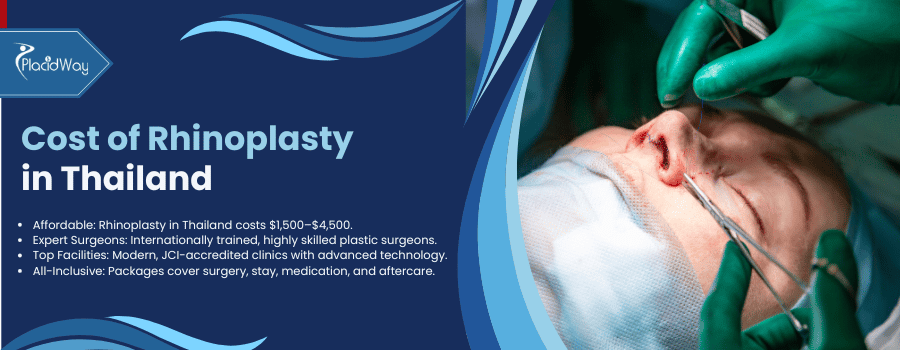
Thinking about nose surgery but startled by the price tag in your home country? You're in good company. Thousands are turning to Thailand, a world-renowned hub for medical tourism, for high-quality, affordable rhinoplasty. Nose surgery in Thailand can cost anywhere from $900 for a simple augmentation to over $12,000 for a complex revision, with most standard procedures falling between $2,500 and $5,000. This makes it a financially savvy choice without compromising on quality.
This comprehensive Q&A blog post will guide you through everything you need to know about getting a nose job in Thailand. We will explore the different types of procedures, break down the costs, answer your most critical questions about safety and recovery, and provide tips on how to choose the best surgeon for you. With internationally accredited hospitals and highly skilled specialists, achieving the look you desire is more attainable than you might think.
How much does nose surgery really cost in Thailand?
"The cost of nose surgery in Thailand typically ranges from $2,500 to $5,000 for a standard primary rhinoplasty. However, simpler procedures like alarplasty can start as low as $900, while complex corrective surgeries can exceed $12,000."
The final price tag is directly tied to the complexity of the procedure. A straightforward augmentation using a silicone implant is on the lower end of the spectrum, whereas a revision rhinoplasty that requires cartilage grafts from the ear or rib will be at the higher end. The significant savings compared to the US or Australia (often 40-70% less) make even the most complex procedures more accessible.
Here’s a general breakdown of costs by procedure type:
What are the different types of nose surgery available?
"The main types of nose surgery in Thailand include augmentation rhinoplasty (using implants or cartilage), reduction rhinoplasty, alarplasty (nostril narrowing), tip plasty, and complex revision rhinoplasty. The best technique for you depends entirely on your unique anatomy and aesthetic goals."
Understanding the different approaches is key to a successful consultation:
-
Augmentation Rhinoplasty: This increases the size or height of the nasal bridge, often using a silicone implant or the patient’s own cartilage.
-
Reduction Rhinoplasty: This involves removing or reshaping bone and cartilage to reduce the overall size of the nose or remove a dorsal hump.
-
Tip Plasty: This procedure focuses exclusively on reshaping the cartilage at the tip of the nose to make it more refined, lifted, or defined.
-
Alarplasty: A relatively simple procedure to narrow the width of the nostrils for better facial harmony.
-
Revision Rhinoplasty: A highly complex surgery performed to correct or improve the results of a previous nose job. It requires a surgeon with specialized expertise.
Is it safe to get a nose job in Thailand?
"Yes, getting nose surgery in Thailand is very safe, provided you choose a JCI-accredited hospital and a board-certified, experienced plastic surgeon. Top facilities in Thailand use the same advanced technology and adhere to the same stringent safety protocols as leading hospitals in the West."
Thailand's medical tourism industry is built on a foundation of high standards. The key to ensuring your safety is to do thorough research. Avoid clinics that offer rock-bottom prices with no verifiable credentials. A qualified surgeon in a reputable hospital is the best way to minimize risks and ensure a successful outcome.
How do I choose the best surgeon in Thailand?
"To choose the best surgeon, verify their credentials (board certification), review their portfolio of before-and-after photos, and read patient testimonials. A good surgeon will have extensive experience in the specific type of rhinoplasty you need and will conduct a thorough, pressure-free consultation."
Here's a quick checklist for your search:
-
Board Certification: Ensure the surgeon is certified by a recognized plastic surgery board in Thailand or internationally.
-
Specialization: Look for a surgeon who specializes in facial plastic surgery and frequently performs rhinoplasties.
-
Portfolio: Analyze their before-and-after gallery. Do their results look natural? Does their aesthetic style match your goals?
-
Communication: The surgeon should listen to your goals, explain the procedure clearly, and be transparent about potential risks.
What's included in a rhinoplasty package in Thailand?
"A typical rhinoplasty package in Thailand includes the surgeon's fee, anesthesiologist's fee, operating room costs, and sometimes a one-night hospital stay for more complex procedures. However, initial consultations and certain medications are often extra."
While packages offer convenience, always ask for a detailed breakdown of what's covered. Often, the initial consultation fee, pre-operative lab tests, take-home medications, and accommodation are not included in the surgical price. Getting a clear, itemized quote will help you avoid any unexpected costs.
What is the recovery process like?
"Recovery from rhinoplasty involves about one week of initial downtime. You can expect bruising and swelling around the nose and eyes, which will significantly subside after the first week. Most patients feel comfortable returning to public activities within 10-14 days."
Your surgeon will place a splint on your nose, which is typically removed after about a week. While the most visible swelling and bruising fade quickly, it's important to know that residual, minor swelling can take up to a year to fully resolve as the nose settles into its final shape. You'll be advised to avoid strenuous activities and contact sports for at least four to six weeks.
Who is a good candidate for nose surgery?
"A good candidate for rhinoplasty is someone who is in good overall health, a non-smoker, has finished their facial growth (typically 16-17+ years old), and has realistic expectations about the outcome. It's for individuals looking to improve the shape or function of their nose, not achieve an unrealistic 'perfect' look."
During your consultation, the surgeon will assess your nasal structure, skin quality, and overall facial harmony to determine what is surgically possible. Being clear about your goals while also being open to the surgeon's expert opinion is the key to a result you will be happy with.
Ready to take the next step towards the look you've always wanted? PlacidWay connects you with a network of accredited, world-class hospitals and surgeons in Thailand and beyond. Explore trusted and affordable rhinoplasty solutions with PlacidWay today!


.png)
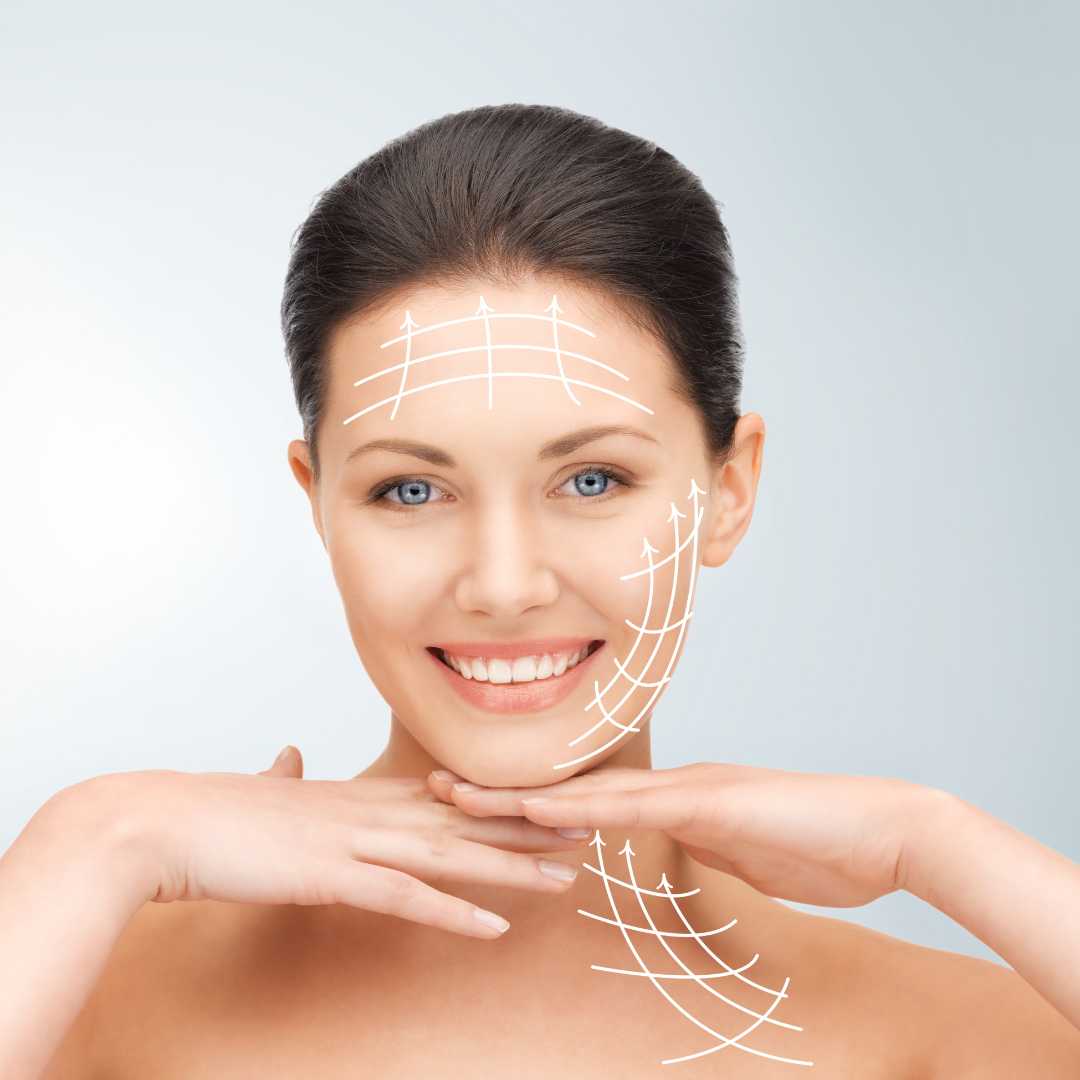

.png)
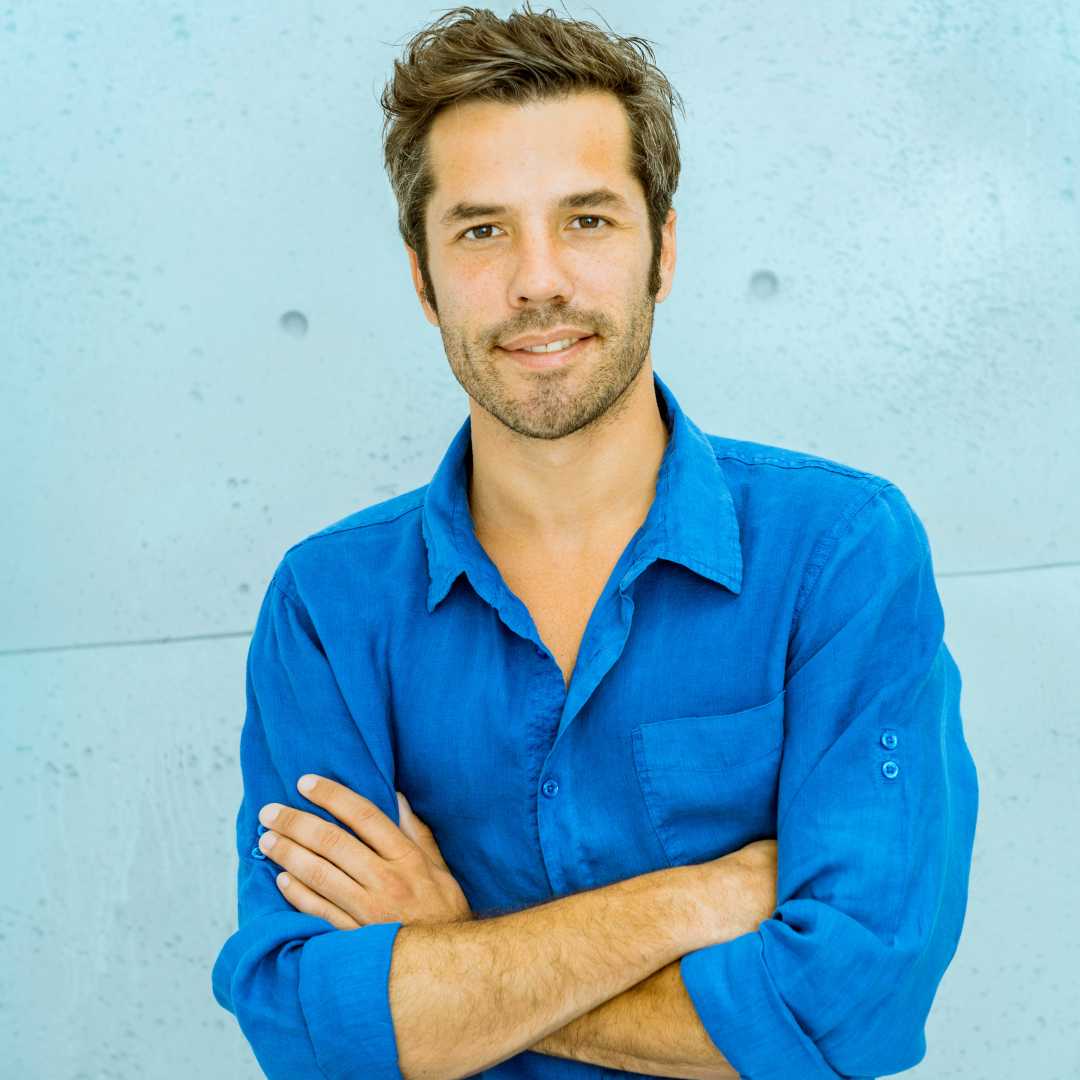

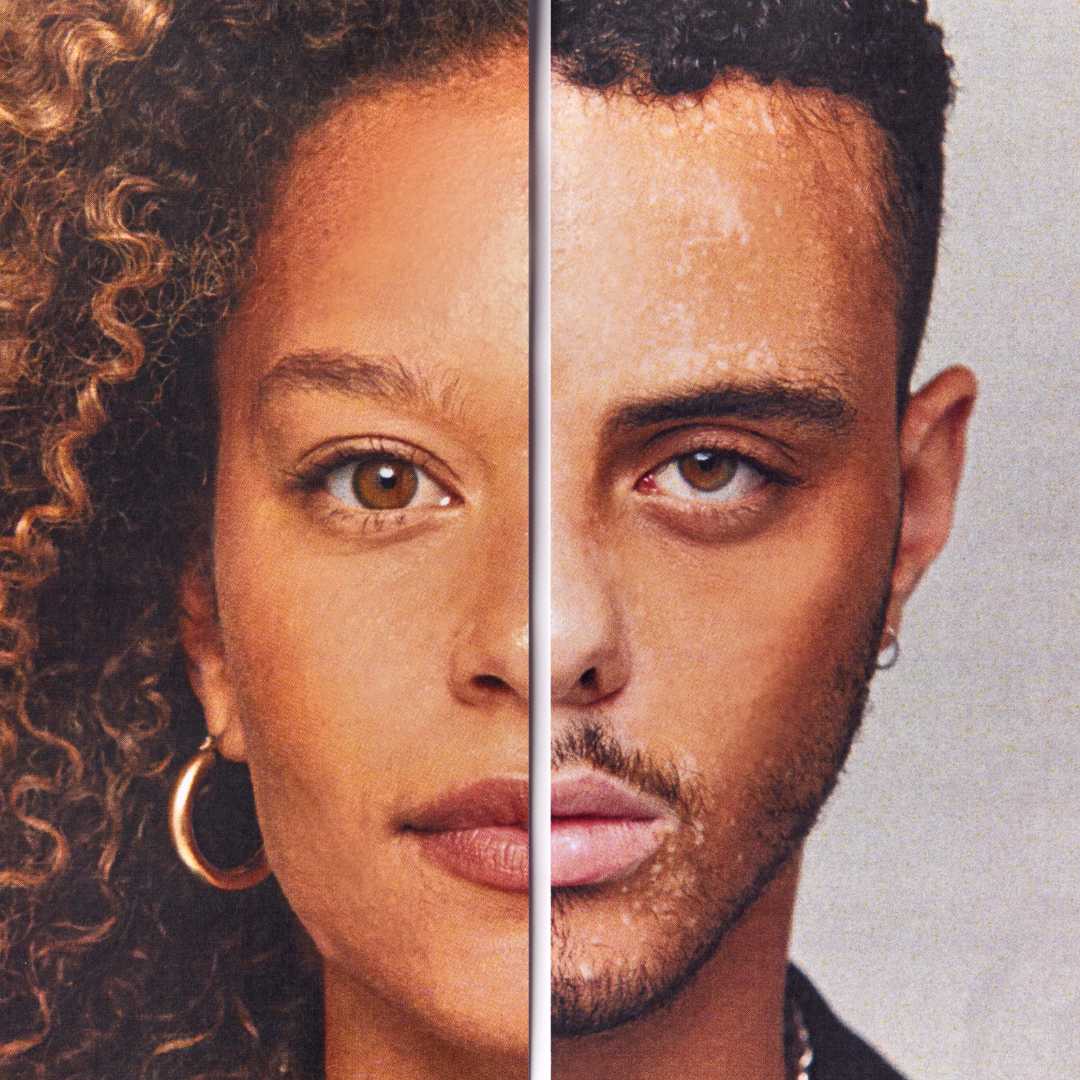
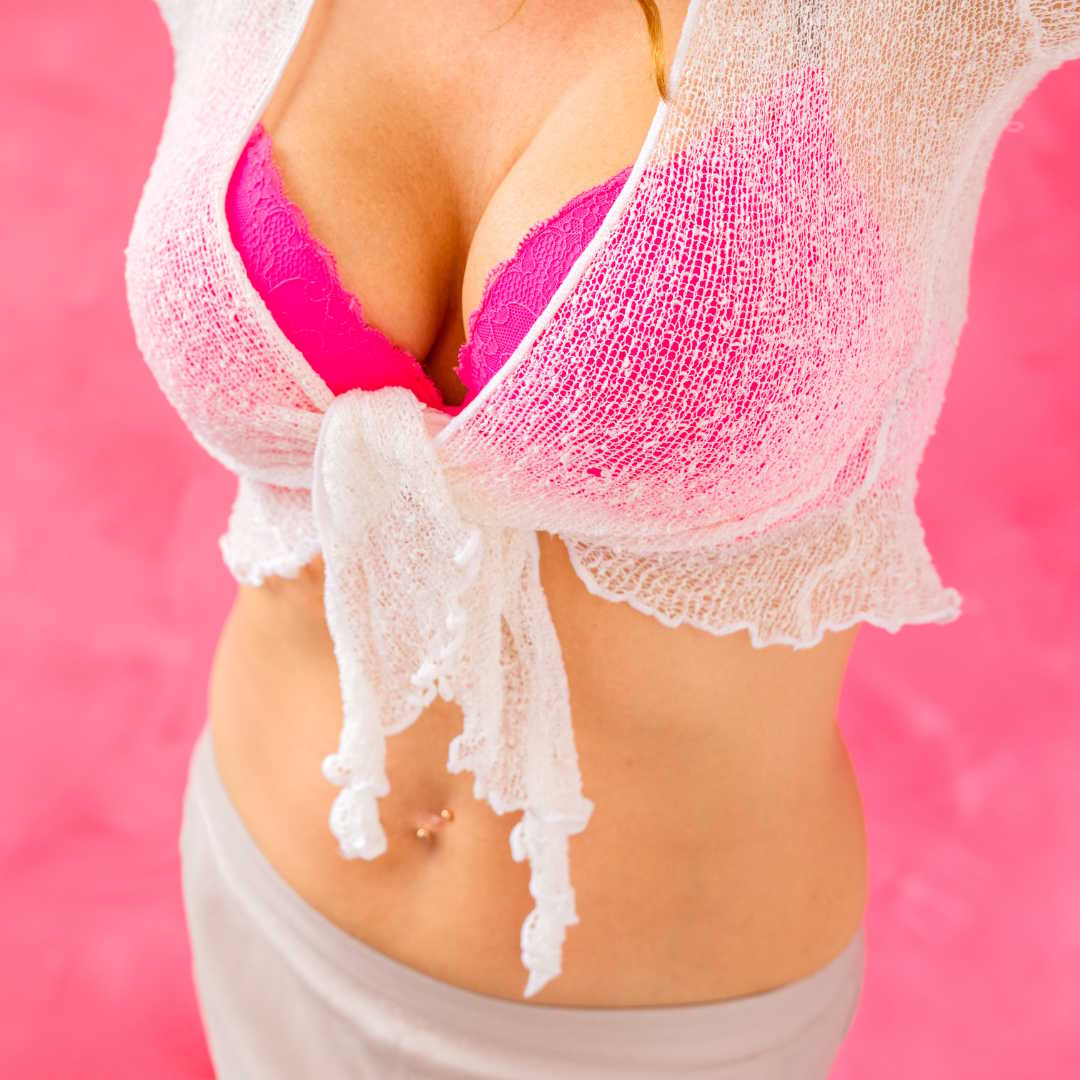
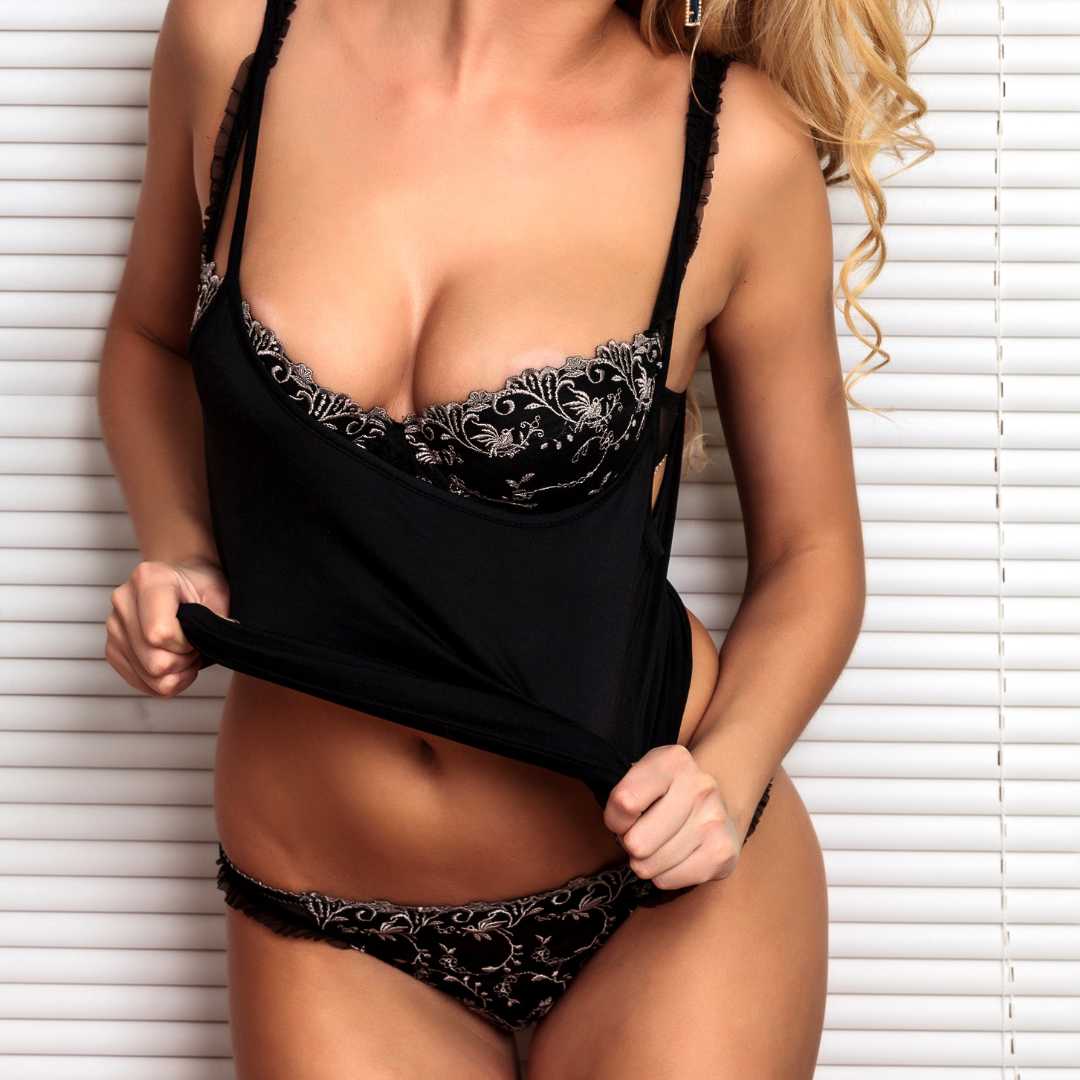

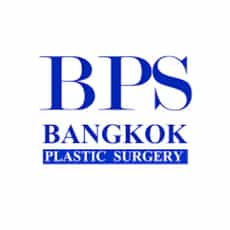
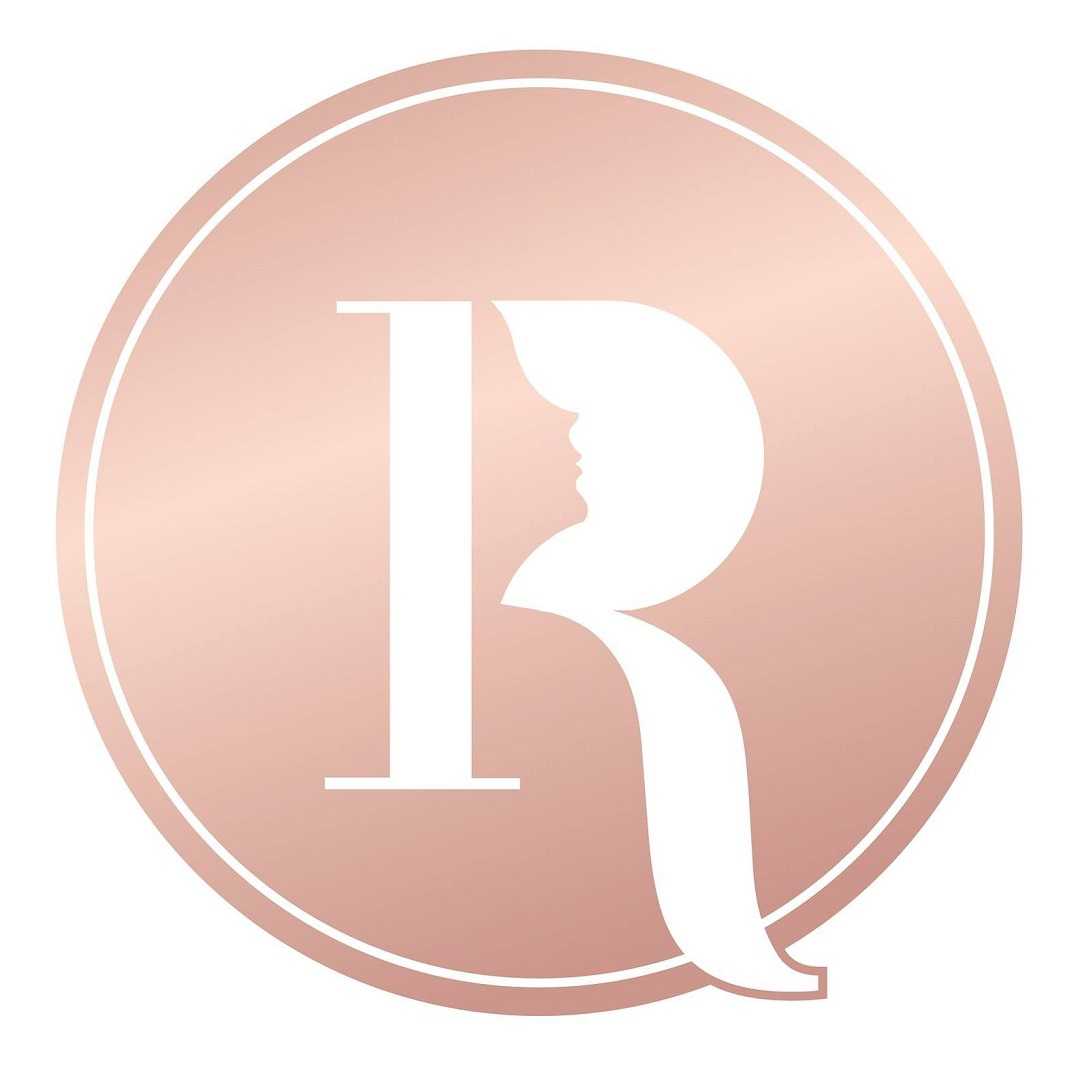
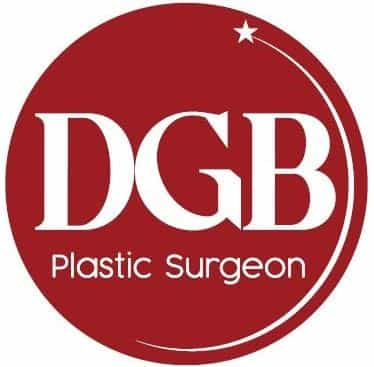
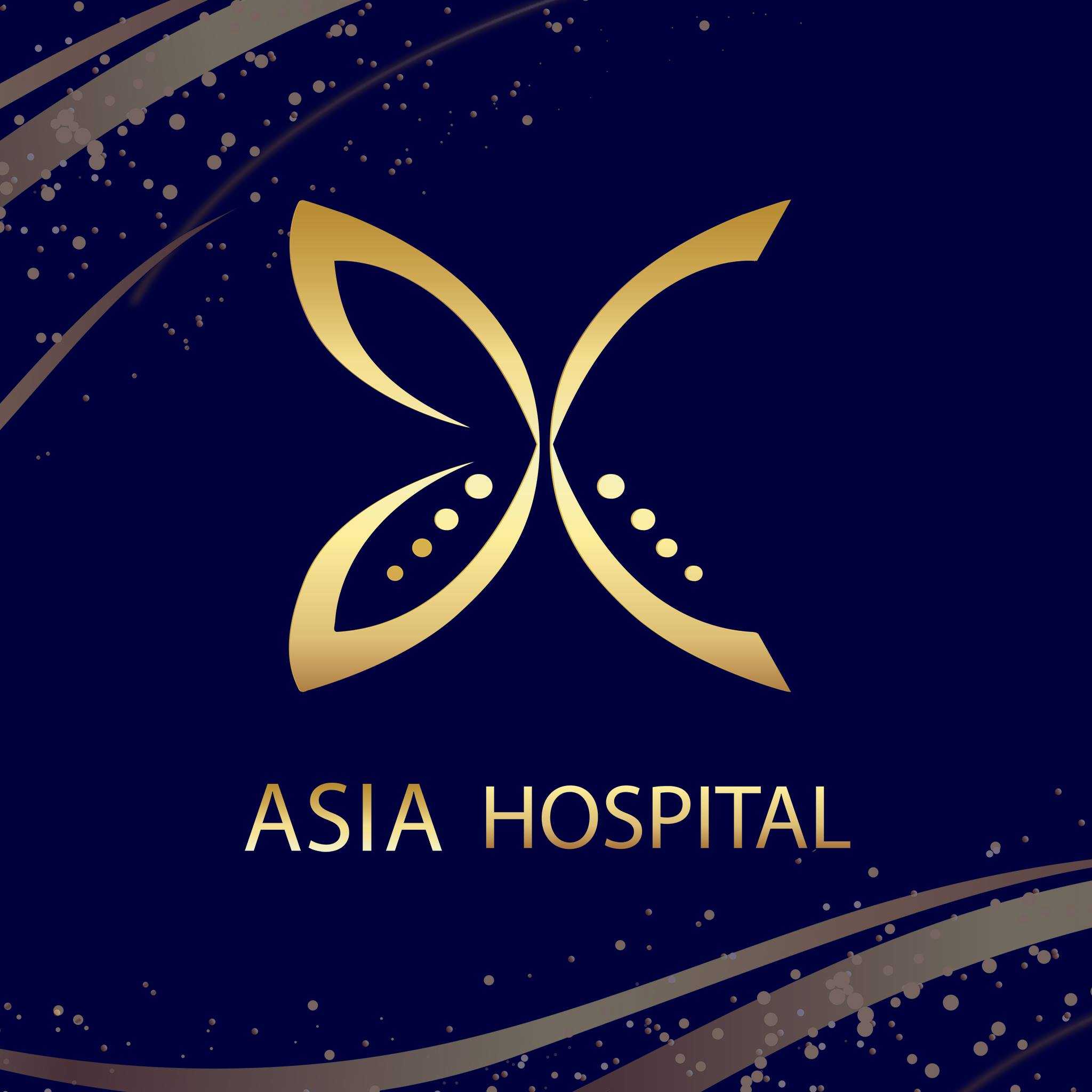

Share this listing